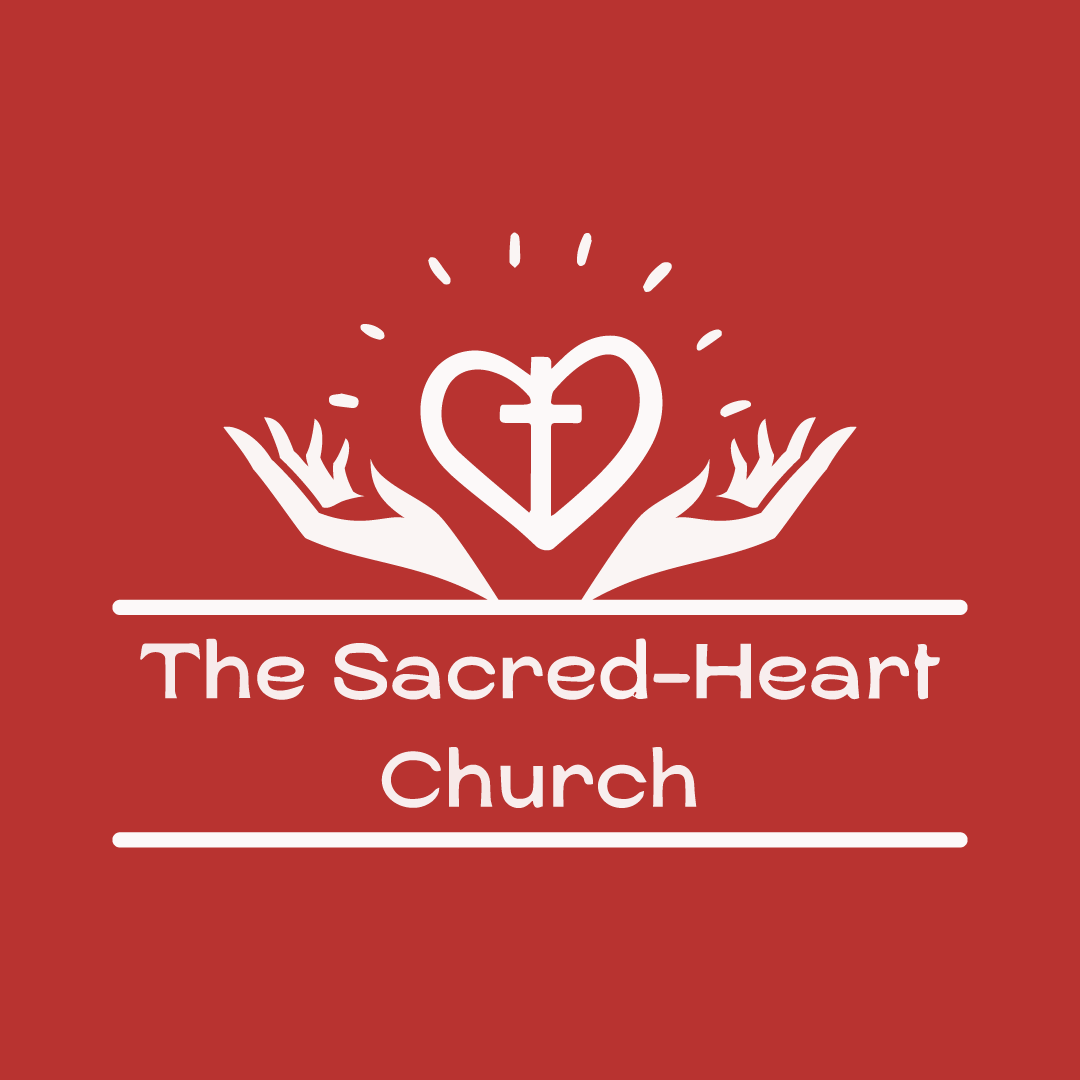Lent programs are transformative experiences designed to deepen your spiritual growth, foster community engagement, and inspire acts of service during one of Christianity’s most significant seasons. Whether you’re seeking guidance on Lenten practices, looking to connect with others in faith, or exploring leadership opportunities through programs like LEND training, Lent offers a unique chance to reflect, repent, and renew your commitment to Christ. This guide will walk you through everything you need to know about Lent programs, from understanding their purpose to discovering creative ways to observe the season. Whether you’re a seasoned believer or new to Lent, there’s something here for everyone. Join us as we explore the rich traditions, practical tips, and spiritual insights that make Lent a time of profound transformation and renewal.

What is a Lenten Program?
A Lenten program is a structured plan of activities designed to help individuals observe the Lenten season more deeply. Typically associated with Christian tradition, Lent is a 40-day period marking the preparation for Easter, involving reflection, sacrifice, and spiritual growth. Lenten programs often include practices such as daily prayer, fasting, almsgiving (charitable giving), and attending church services or Bible studies.
Key Components of a Lenten Program
- Prayer : A central aspect of Lent, prayer helps individuals connect with God, seeking forgiveness, guidance, and strength. Common practices include daily Mass attendance, personal prayer sessions, and reciting the Stations of the Cross.
- Fasting : Fasting is a key element of Lent, often observed by reducing one meal per day or abstaining from certain foods. This practice symbolizes solidarity with those who are hungry and reflects Jesus’ 40-day fast in the wilderness.
- Almsgiving : Almsgiving involves donating money or goods to those in need. This practice emphasizes compassion and charity, aligning with biblical teachings about caring for the less fortunate.
- Community Involvement : Many Lenten programs encourage participation in church events, volunteer work, or social outreach, fostering a sense of community and service.
Benefits of Participating in a Lenten Program
- Spiritual Growth : Lenten practices help individuals deepen their relationship with God through reflection and sacrifice.
- Charity and Compassion : Acts of kindness and generosity towards others are encouraged, promoting a more compassionate society.
- Preparation for Easter : Lent serves as a period of preparation for the celebration of Christ’s resurrection, marking the end of the season.
Examples of Lenten Programs
- Daily Reflections : Many programs provide guided reflections or meditations for each day of Lent, helping participants stay focused on their spiritual goals.
- Fasting Challenges : Some programs offer structured fasting schedules or challenges, encouraging participants to commit to regular periods of abstinence.
- Service Projects : Lenten programs may include opportunities to participate in community service projects, such as food drives or volunteering at local shelters.
By participating in a Lenten program, individuals can enrich their spiritual lives, grow in character, and contribute to their communities in meaningful ways. For more information about Lenten programs at The Sacred Heart Church, visit their website .
What is a good thing to do for Lent?
Lent is a significant period of reflection, repentance, and spiritual growth for many Christians. Here are some meaningful ways to observe Lent:
- Prayer: Dedicate time to pray daily, focusing on themes of renewal, forgiveness, and gratitude. Consider using a Bible study guide or journal to track your progress.
- Fasting: Choose a specific time for meals or fast completely for certain days. This practice helps develop self-discipline and mindfulness.
- Attending Services: Participate in Ash Wednesday, Masses, and Stations of the Cross to deepen your spiritual connection and remember the sacrifices made by Jesus.
- Almsgiving: Set aside money to donate to those in need or support charitable causes. This act of kindness reflects Christ’s compassion.
- Giving Up Vices: Eliminate harmful habits like smoking, drinking excessively, or spending too much time on social media to grow closer to God.
- Reading the Bible: Engage in a reading plan focused on the Gospels or reflective texts to better understand Lent’s significance and inspire your walk with Christ.
- Acts of Service: Volunteer your time or talents to help others, whether through community service or helping friends and family.
- Personal Reflection: Spend quiet time alone reflecting on your life, mistakes, and what you can improve. Journaling can be particularly beneficial.
- Family Activities: Plan Lenten-themed gatherings or devotions with loved ones to strengthen relationships and shared faith.

The Three R’s of Lent
The Three R’s of Lent are essential practices that guide individuals through this sacred season. These principles help focus on spiritual growth, self-improvement, and preparation for Easter.
- Resolve : This is the foundation of Lent. It involves making a conscious decision to change for the better, often through giving up certain habits or practices. Resolve strengthens commitment and intention, setting the stage for meaningful transformation.
- Reflection : During Lent, reflection is a key component. It encourages individuals to examine their lives, pray, and meditate on their actions. Reflection helps in gaining clarity and understanding, fostering a deeper connection with one’s faith and personal goals.
- Renunciation : Renunciation ties closely with resolve, as it involves letting go of behaviors or attachments that hinder spiritual growth. By choosing to renounce these, individuals align themselves with divine principles, embracing a holier lifestyle.
These three R’s—Resolve, Reflection, and Renunciation—are integral to the Lenten journey, guiding believers toward a more spiritual and compassionate existence.

What Are You Not Allowed to Do in Lent?
During Lent, Catholics observe several practices to reflect on their faith and prepare for Easter. Here are some key things you are not allowed to do:
- Eating Meat on Fridays : Catholics who are 18 years old or older, in good health, and not too ill are required to abstain from meat on Fridays during Lent. This includes Ash Wednesday and Good Friday.
- Fasting on Ash Wednesday and Good Friday : These days require complete fasting, meaning no food at all, except for one normal meal.
- Abstinence for Younger Children : Children who are 14 years old or older must abstain from meat on Fridays during Lent, even if they are not fasting. They may eat fish or other non-meat foods.
- Young Children Exemption : Very young children, typically under the age of 14, are not required to fast or abstain, but their parents should still explain the significance of Lent to them.
Words That Should Not Be Said During Lent
- “Alleluia”
- “Hallelujah”
- “Rejoice”
- “Exult”
- “The Lord be with you”
- Singing of certain joyful chants
- Use of the word “Amen” in certain contexts
These words are often avoided during Lent due to their association with joy and celebration, which contrasts with the penitential nature of the season. The Roman Missal instructs that certain greetings and songs are omitted during this time to reflect the solemnity of the period leading up to Easter.

What Food Is Forbidden During Lent?
Lent is traditionally observed by many Christians as a period of fasting, self-reflection, and preparation for Easter. During this time, certain foods are commonly avoided or restricted. Here’s a breakdown of what is typically forbidden:
- Meat :
- On Fridays, especially in some Catholic traditions, meat is prohibited. This includes pork, beef, lamb, and poultry. Fish, however, is generally allowed unless it falls under specific restrictions on Good Friday.
- Eggs and Dairy :
- Eggs and dairy products are typically permitted during Lent, as they are not classified as meats.
- Vegetables :
- Vegetables are allowed and encouraged as part of a Lenten diet, as they provide essential nutrients without involving flesh.
- Fruits :
- Fruits are also acceptable, offering natural sweetness and nutrition.
- Legumes :
- Legumes like lentils, chickpeas, and beans are commonly consumed during Lent, as they are plant-based and align with the dietary restrictions.
- Alcohol :
- The consumption of alcohol varies by tradition. Some denominations allow moderate use, while others may impose stricter limits, particularly on specific days during Lent.
In summary, the primary restriction during Lent is the avoidance of meat on Fridays, with fish often taking its place in meals. This tradition reflects a long-standing spiritual and cultural practice among many Christian communities.




0 Comments